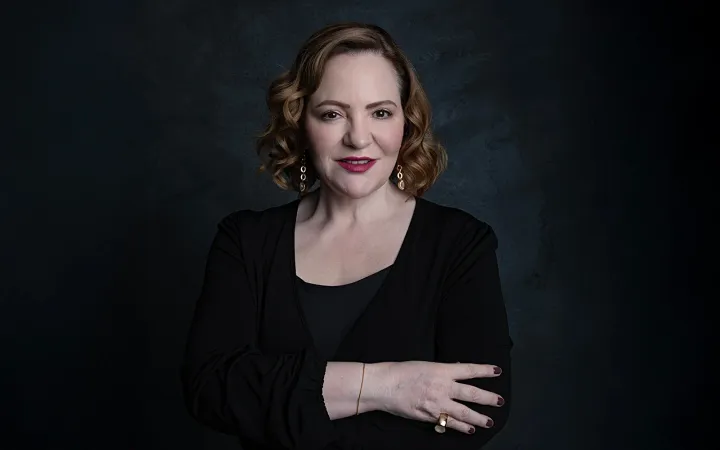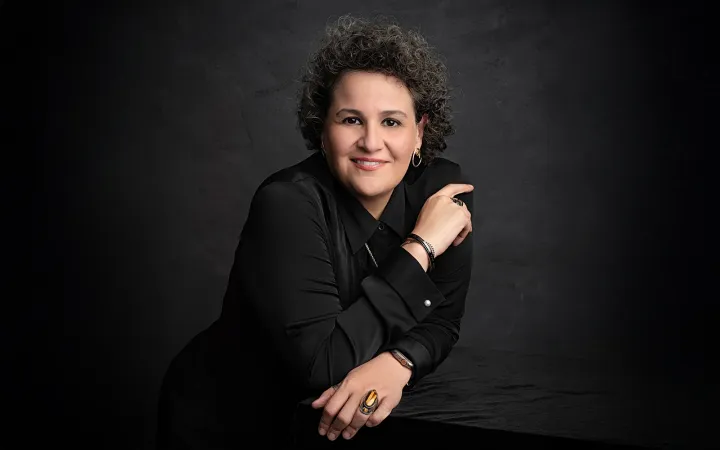Por Desirée Navarro
En México, defender los derechos humanos se paga con la vida. México se posiciona como el segundo país más letal para activistas a nivel mundial, según el Global Analysis 2023/24 de Front Line Defenders. Sin embargo, estas cifras de horror apenas logran incomodar a una sociedad que, lejos de sacudirse, se ha acostumbrado a estas tragedias. El asesinato de la abogada penalista Oralia Pérez Garduño, a plena luz del día y en una de las avenidas más transitadas de la Ciudad de México, evidencia esta macabra normalización.
Oralia, quien pidió protección a la Fiscalía y denunció el machismo en su profesión, terminó con diez disparos en el Viaducto Miguel Alemán. Sus llamados fueron ignorados; su vida, arrebatada por la misma violencia que se empeñaba en enfrentar. En este país, la justicia se cobra en balas, y Oralia es el más reciente eslabón de una cadena que parece no tener fin.
Otro caso emblemático para el Estado mexicano fue el asesinato de la defensora de derechos humanos veracruzana Digna Ochoa. El 21 de enero de 2022, la Corte Interamericana de Derechos Humanos condenó a México por la simulación del suicidio de Digna Ochoa, y señaló con pruebas que fue un asesinato, además de una violación a sus derechos humanos, a la vida, honra y dignidad. Este caso está lleno de corrupción, opacidad y complicidad de las autoridades en las más altas esferas del Estado mexicano, donde se encontraban implicados funcionarios y miembros de la extinta Procuraduría General de la República, policías, peritos, ministerio público y fuerzas armadas. Además de asesinarla, fue secuestrada y torturada previamente.
¿Cómo olvidar el caso de Cecilia Monzón Pérez, quien fue asesinada a balazos el 21 de mayo de 2022? Iba en su automóvil cuando unos sicarios, desde una motocicleta, le dispararon en el municipio de San Pedro Cholula, en el estado de Puebla. Monzón era abogada penalista y activista por los derechos de las mujeres. “Tu deber es luchar por el derecho; pero el día en que encuentres en conflicto el derecho con la justicia, lucha por la justicia,” fueron algunos de sus últimos posteos en redes sociales. Su asesinato inspiró una ley única en México que contempla quitar la patria potestad a los feminicidas: la Ley Monzón.
Otra valiente y valiosa mujer activista que evidenció la impunidad en el país fue Marisela Escobedo. Las tres muertes de Marisela Escobedo refleja la lucha de una madre por justicia ante el asesinato de su hija. ¿A qué se refieren sus tres muertes? La primera, cuando murió su hija en 2008; la segunda, un año después, cuando los jueces del Poder Judicial, a pesar de la confesión del responsable, dejaron libre al feminicida de su hija; la tercera, en 2010, cuando un sicario acabó con su vida a sangre fría mientras se manifestaba frente al palacio de gobierno de Chihuahua.
Uno de los casos más polémicos en cuanto a violencia contra activistas es el de Pedro Carrizales, El Mijis, quien saltó a la arena política como diputado en el Congreso de San Luis Potosí y perdió la vida en un supuesto accidente automovilístico en Tamaulipas, despertando todo tipo de suspicacias. Las autoridades se negaron en todo momento a investigar la muerte de El Mijis como un homicidio, a pesar de la evidencia pericial que indicó que el activista fue encontrado amarrado dentro del vehículo en el que perdió la vida.
La violencia y los asesinatos contra activistas y defensores de derechos humanos en México han aumentado de manera exponencial. Instituciones como Amnistía Internacional, Global Witness y el Centro Mexicano de Derecho Ambiental contabilizan 108 asesinatos.
México sigue sin proteger a sus activistas. En memoria de todas aquellas mujeres que se atrevieron a levantar la voz, el Estado mexicano sigue sin garantizar el libre ejercicio del activismo.
Una democracia no se construye con palabras. Nuestro país clama por una verdadera libertad de expresión, donde las voces disidentes no sean silenciadas por la violencia y el miedo. La violencia es muestra de que el gobierno sigue fallando en su deber de proteger a los defensores de la justicia, permitiendo que la impunidad reine. La seguridad fracturada y la ausencia de justicia permiten que los grupos delincuenciales actúen con total impunidad, silenciando a los luchadores sociales, casi siempre sin consecuencias.
* Activista, escritora, defensora de los DDHH de mujeres y niños. Tiene una maestría en Responsabilidad Social Corporativa y se tituló de la Licenciatura en Publicidad y Mercadotecnia. Fue columnista 11 años en el periódico El Universal. Actualmente tiene su blog Es Posible Morir de Amor en el que entrevista a mujeres víctimas de violencia. Presidenta de la Fundación One Heart México y fundadora de Fundaciones Unidas.

Las opiniones expresadas son responsabilidad de sus autoras y son absolutamente independientes a la postura y línea editorial de Opinión 51.






Comments ()